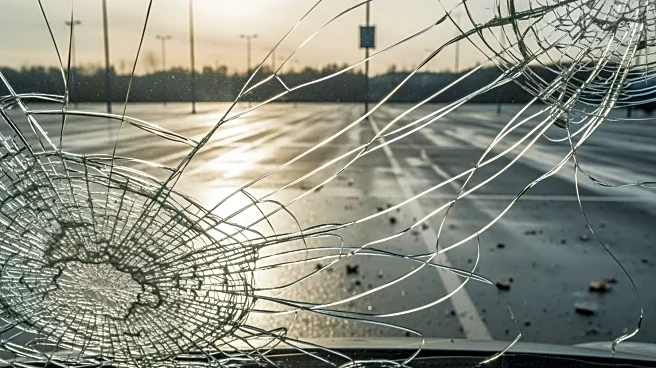What's Happening?
In September, a tragic funicular crash in Lisbon resulted in the deaths of at least 16 people and injuries to several others. According to a preliminary report by the Office for the Prevention and Investigation of Accidents in Civil Aviation and Rail
(GPIAAF), the steel cable that snapped, causing the crash, was not certified to carry people and did not meet the specifications set by CARRIS, the operator of the Glória funicular. The report highlights serious failures in the cable, maintenance, and brakes. Maintenance tasks were reportedly marked as completed even when they were not performed, and the maintenance plan was recorded as compliant by the operator. The interim findings are not conclusive, and a final report is expected next year.
Why It's Important?
The findings of the interim report underscore significant safety and regulatory concerns within the operation of public transport systems. The failure to adhere to safety specifications and maintenance protocols poses a severe risk to public safety, as evidenced by the tragic outcome of the Lisbon crash. This incident may prompt a reevaluation of safety standards and regulatory compliance in public transportation systems, not only in Portugal but potentially influencing international standards. The stakeholders, including public transport operators and regulatory bodies, may face increased scrutiny and pressure to enhance safety measures to prevent similar tragedies.
What's Next?
The GPIAAF has indicated that a final report on the crash will be released next year. This report is expected to provide a comprehensive analysis of the causes and contributing factors of the crash. In the meantime, there may be increased regulatory oversight and potential reforms in maintenance and safety protocols for funiculars and similar transport systems. The findings could lead to legal actions or policy changes aimed at improving safety standards and ensuring compliance with operational specifications.















